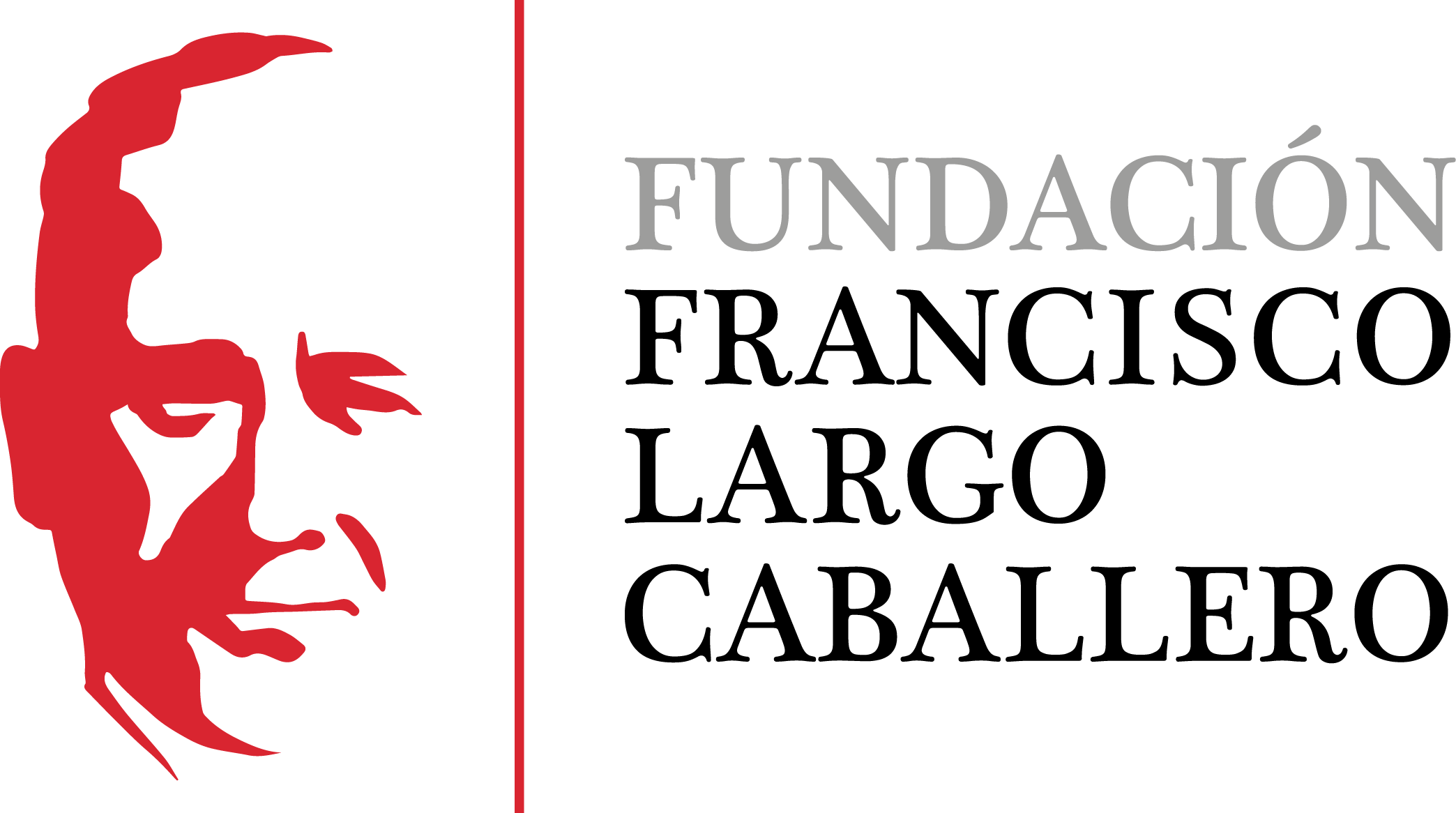Political power and social legitimacy before the apogee of State
DOI:
https://doi.org/10.69791/rahc.165Keywords:
State building, European history in the 19th century, national states, social history, crisis of the ancient regime, political liberalism, democratization processesAbstract
Although agreement possibly exists on the fact that the age of the states-order is coming to its end, however developments in the last decades and the problems the states must afford lead usually to opposite insights about their future and the roles they played in the past. Against this background the article discusses the shortcomings of the political philosophy and the bias of many social interpretations of the historical growth of the European states. On the basis of recent studies, the article stresses the importance of the early moments of the state-building process as a key period, which reshaped the relationships between individuals, providing a new legitimation basis for political power and further reforms.
Downloads
Global Statistics ℹ️
|
106
Views
|
30
Downloads
|
|
136
Total
|
|
Downloads
Published
How to Cite
Issue
Section
License
Copyright (c) 2012 Jesús Millán García-Varela

This work is licensed under a Creative Commons Attribution 4.0 International License.
Alcores is an open-access journal. It provides unrestricted access to its content from the moment of publication. We respect intellectual property rights, and for this reason, the author retains the copyright. All content is distributed under a Creative Commons Attribution 4.0 International (CC BY 4.0) license. The terms of the license can be consulted at: https://creativecommons.org/licenses/by/4.0/
This license allows sharing (copying and redistributing the material in any medium or format) and adapting (remixing, transforming, and building upon the material for any purpose), provided that authorship and first publication in this journal are properly credited, a link to the license is included, and any changes made are indicated.
This type of license facilitates the freedom of reuse and ensures that the content of this journal can be used to meet research needs.





